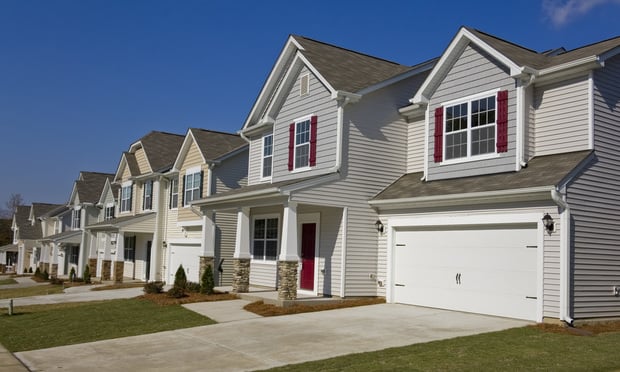© 2025 ALM Global, LLC, All Rights Reserved. Request academic re-use from www.copyright.com. All other uses, submit a request to [email protected]. For more information visit Asset & Logo Licensing.
Trending Stories
Events
- Real EstateGlobeSt. ELITE Women of Influence (WOI) 2025July 21, 2025 - DenverGlobeSt. Women of Influence Conference celebrates the women who drive the commercial real estate industry forward.More Information
- InsuranceBenefitsPRO Broker Expo 2025 (BPRO)May 06, 2025 - BostonThe premier educational and networking event for employee benefits brokers and agents.More Information
- ConsultingConsulting Top Consultants 2025June 26, 2025 - New YorkConsulting Magazine identifies consultants that have the biggest impact on their clients, firms and the profession.More Information
Recommended Stories
Why One Lender Is Finding Big Opportunity in The Middle Market
By Kelsi Maree Borland, Sponsored By Tremont Realty Capital | April 02, 2025
Tremont Realty Capital says the middle market represents one of the largest segments of the commercial real estate sector, yet it can often be overlooked.
Americans Now Need Over $116,000 Annually to Afford a Median-Priced Home
By Philippa Maister | April 02, 2025
This amount has nearly doubled from five years ago.
Private Equity Giants Poised to Swallow Multifamily REITs
By Jack Rogers | April 02, 2025
An impending wave of M&A activity signals confidence in continued growth.
Resource Center

Guide
Sponsored by Placer.ai
The Return to Office: Recovery Still Underway
Are you noticing unexpected shifts in office occupancy and commuter behavior? This report reveals how evolving work patterns are challenging CRE brokers and offers crucial, data-backed insights for 2025. Discover a detailed analysis of office visit fluctuations, an in-depth look at midweek work trends, accurate forecasts for market recovery, real-world examples to inform strategic decisions, and actionable metrics to guide client advising. Download your copy today!

Report
Sponsored by Building Engines
The State of Commercial Property Management Technology in 2025
Commercial property teams are navigating changing times where technology plays a crucial role in operations, tenant satisfaction, and sustainability. This report, based on insights from 370 industry professionals, reveals the biggest priorities, challenges, and opportunities for CRE technology adoption in 2025. Don’t miss it.

White Paper
Sponsored by Placer.ai
10 Top Retail Brands To Watch in 2025
Discover which 10 retail and dining brands are positioned for potential growth in 2025, and three surprise contenders that could make a major impact.





